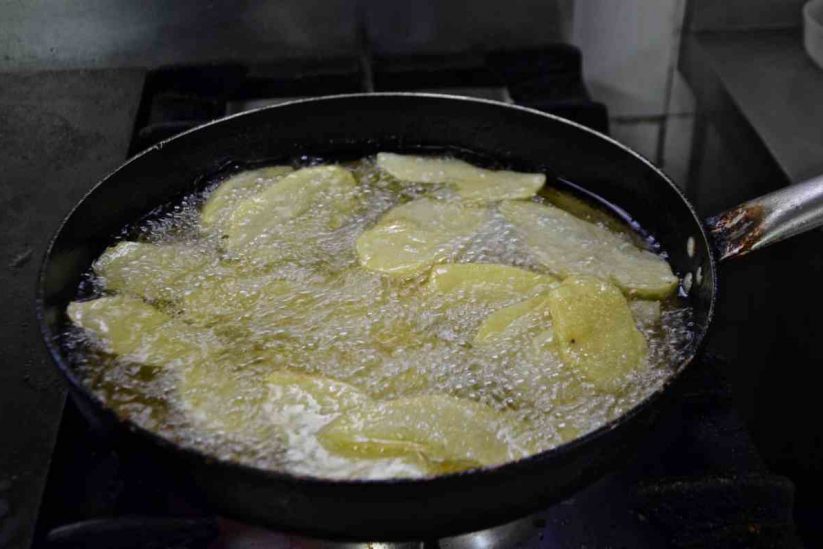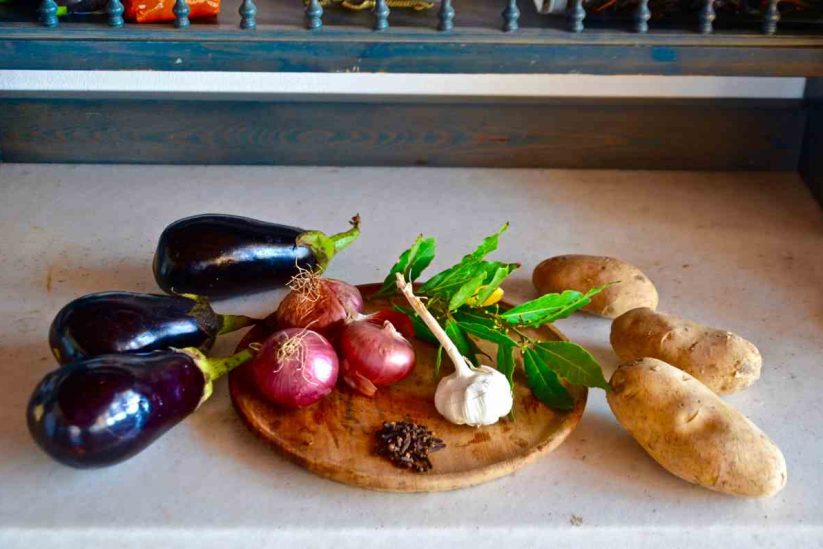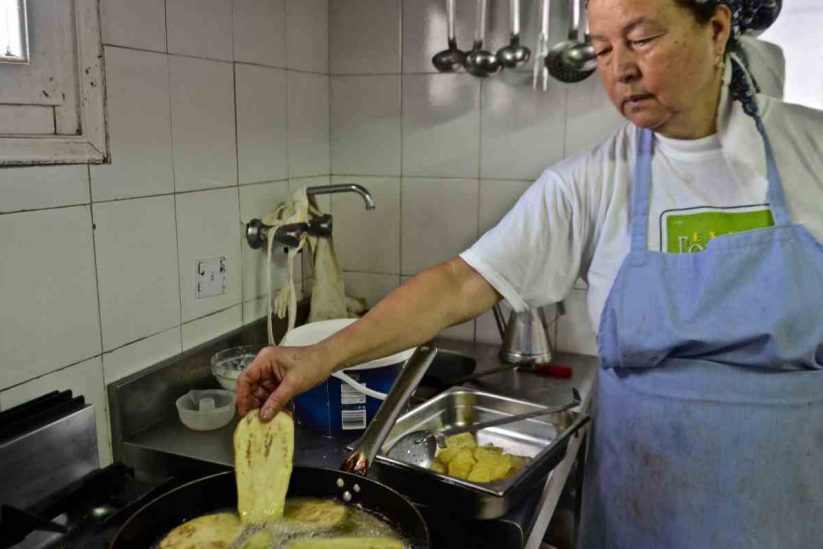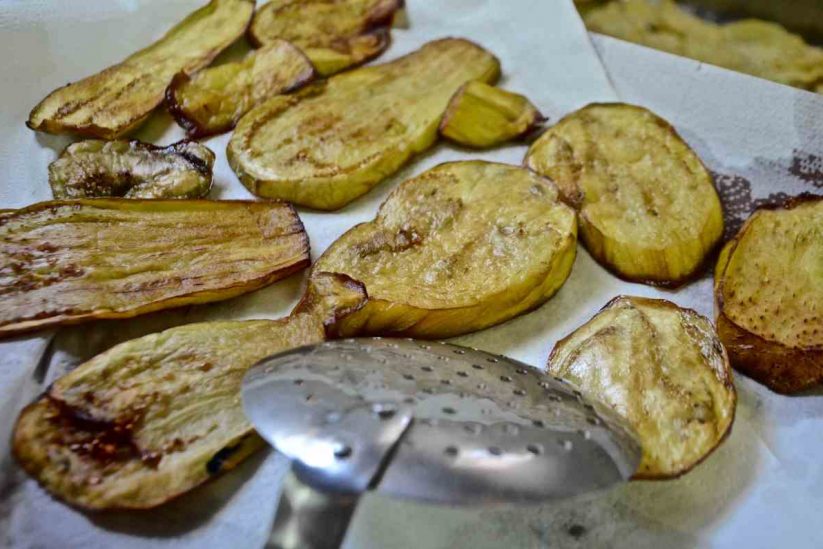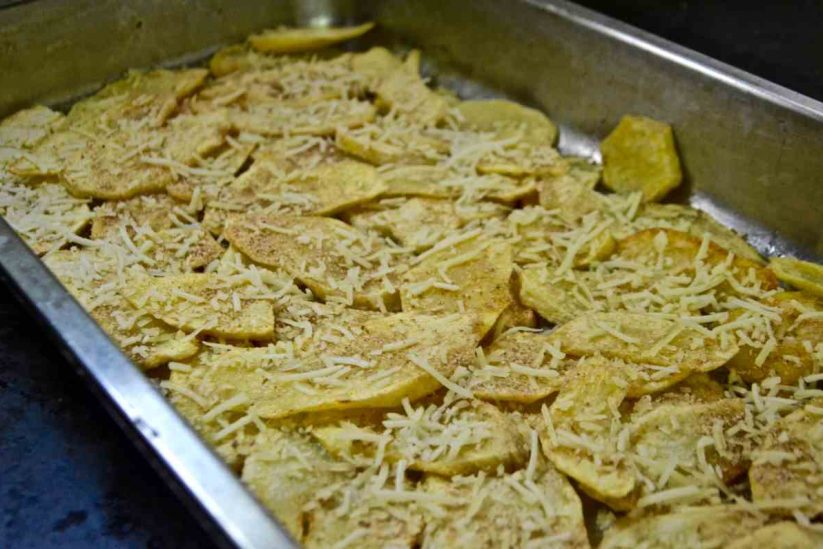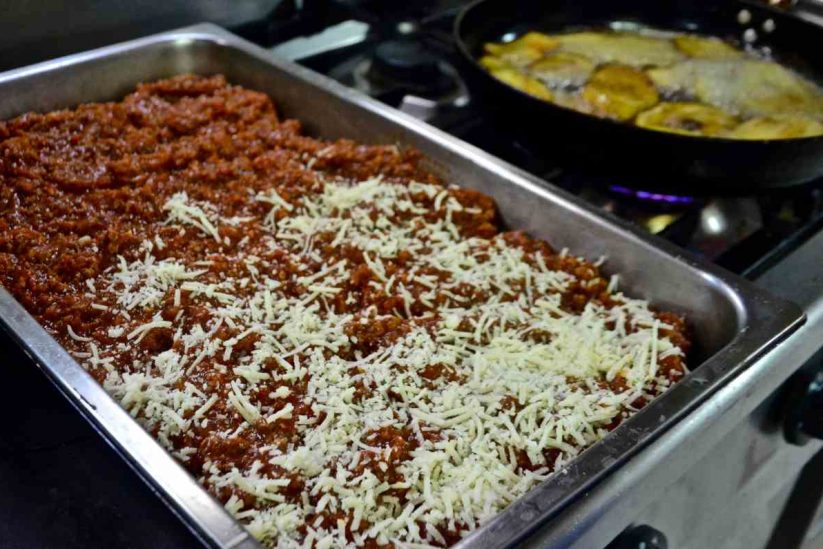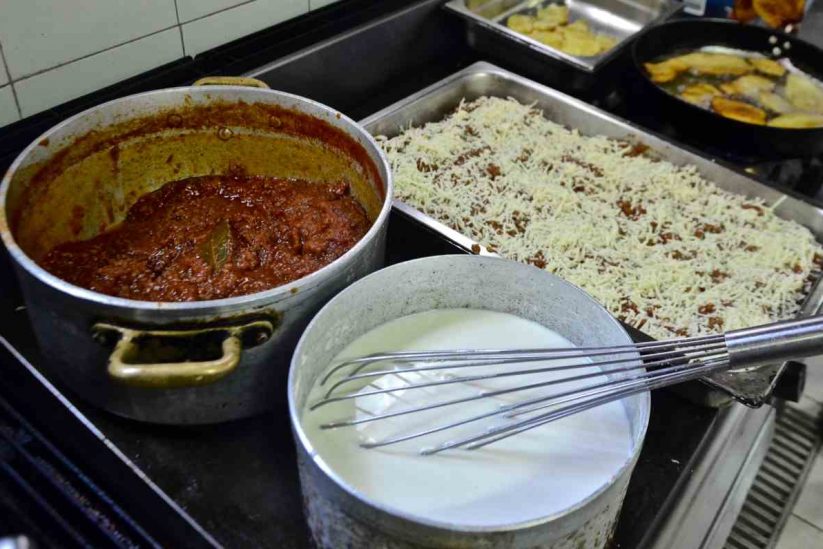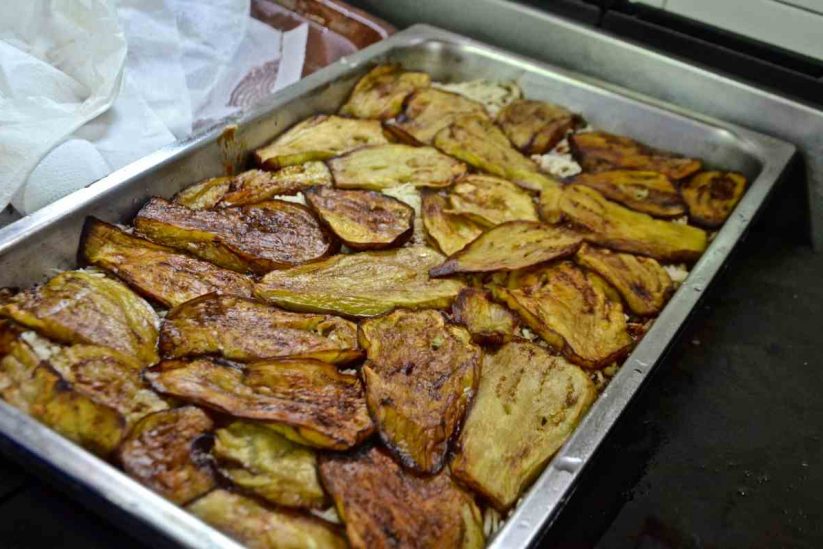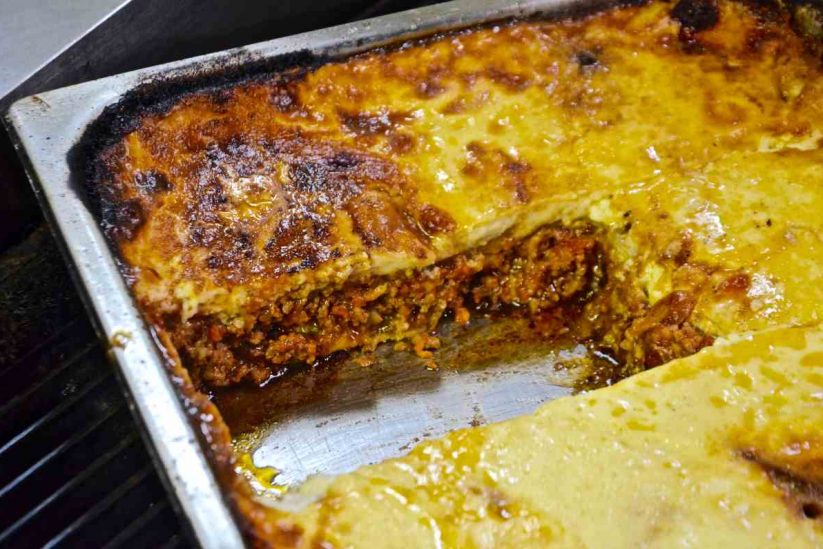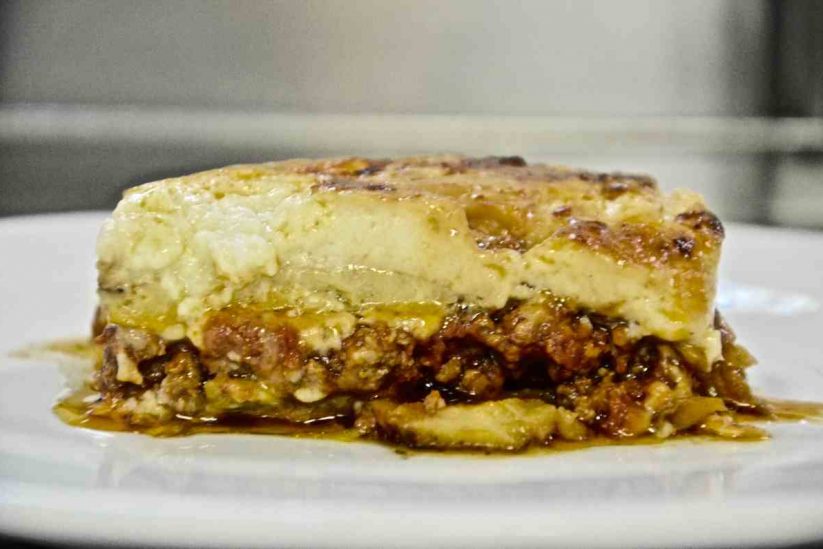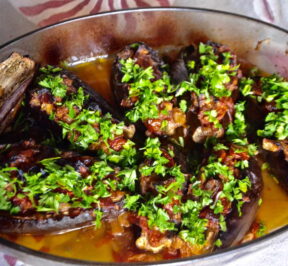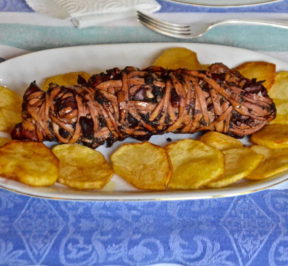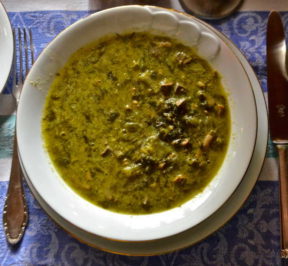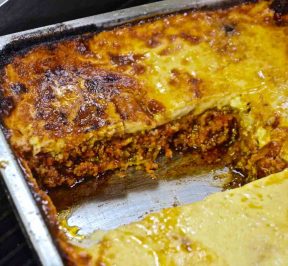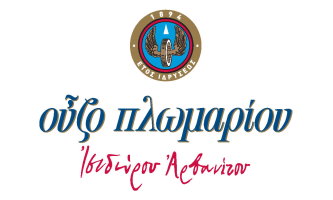Moussaka
Ο moussaka, with Greek salad, the souvlaki, the tzatziki, The stuffed And them grape leaves with vine leaves were the foods that the first foreign visitors of Greece - in the period of 1960 - knew and loved. The result of this preference was for a long time these delicacies - and especially the moussaka - to become exclusive representatives of Greek cuisine, to monopolize restaurants and taverns and inadvertently exclude many local flavors.
For the sake of moussaka, infinite ink has been spilled about its place at the center of (standard and tourist) Greek cuisine. Gourmet object which caused incredible "ideological conflicts" (about the Greekness of moussaka, relations between Byzantine and Ottoman cuisine, relations between scholars, urban and popular cuisine) and subject to gastronomic fantasies and pleasures, the essence is that, when properly prepared, with the right fresh ingredients and , is a delicacy that drives foreign visitors to the country crazy, and those Greeks who can overcome its tourist standardization and its usual abuse. A food of demanding and time consuming preparation, where four different types of cooking are employed (frying the aubergines, cooking the béchamel, frying the minced meat, oven or the final phase) that express and connect different gastronomic cultures, while they need more than twenty ingredients to acquire the desired taste.
Although our sense is that Greek moussaka comes from the distant past, the truth is that it is creation of the 20th century and child of Sifni Nikolaos Celemente. The great Greek chef, wanting to shake off the oriental elements of Greek cuisine, enriched the - originally from the East - moussaka with the French béchamel, which came to give it another finesse and make it famous and popular all over the world. It is the time when, as our bourgeoisie creates with Paparrigopoulos (the father of Greek historiography) the history of the Greek Nation from Antiquity to the present day, so Celementes is the first to attempt to shape the national urban cuisine and considers the loans that Greek cuisine takes from the French, as a counter-loan to those that the westerners took from Ancient Greece!
It is obvious that moussaka is not a rural or traditional food, because among other things, it has so much adventure to be produced that it would be difficult to include it in the diet of a hard-working rural woman.
Heart and main material of moussaka is the eggplant, which with its imperial purple color is the symbol of love and pleasure, let alone gastronomic pleasure.
Eggplant, with its mild taste when cooked, and intense when fried, has many "faces" and the ability to mix and combine with various other Mediterranean foods (garlic, onion, oil, tomato, zucchini, pepper, etc.) but also to be cooked with various meats (pork, beef, rabbit, lamb) giving them a special taste.
Eggplant seems to have two homelands, India and China. It was introduced to Europe in the 16th century and spread to all countries, especially the Mediterranean. Travelers who visit Greece at the end of the 17th century are curious about the eggplant in its various dishes. Important, however, is the contribution of Ottoman cuisine to the formulation of its most important recipes, most notably the eggplant imam bayldi [the imam fainted], the recipe that made the imam lose his senses from its taste.
Returning to the moussaka, for the origin and the etymology of his word, we have different versions.
Many claim that the dish comes from Persian maguma, a food that is a combination of lamb and eggplant, others that moussaka can be based on musakhkhan ("The one that is heated"), which is essentially a dish of chopped chicken cooked with onion wrapped in special bread and baked in the oven.
Finally, the late Alexandros Giotis, in his book "History of cooking and nutrition" writes about the word "muhassa", Which in Arabic refers to a technique rather than a recipe.
Moussaka - Recipe
A few words about its preparation technique:
The frying
Put a pan of olive oil on high heat and fry the potatoes in slices, and separately the aubergines in slices thicker 7-9 mm. After frying, leave them for a while to drain (from 1 hour to 12 hours!) To eliminate a lot of oil.
In a pan that we have passed with a little olive oil, we spread the first layer with the potatoes, we add nut (cake), thyme and salt and pepper on top. The second layer follows with aubergines to which we pour the same ingredients.
The minced meat
Coarsely chop the onion and sauté it with chopped garlic. Add sugar, nutmeg, cinnamon, bay leaf and pulp and mix with a wooden spoon.
Add the minced meat (lamb, or a mixture of pork and beef) and stir to get a nice color and then the tomato, mix well and let it set on low heat for 10-15 minutes.
The béchamel
Put a saucepan on low heat, where we add the butter. Once melted, add the flour and mix with the whisk, add the milk.
Once the béchamel begins to blister, it is ready. It should be creamy and smooth.
Remove from the heat and add grated pepper, grated nutmeg, kefalotyri, egg yolks and mix well.
Final phase, baking in the oven
Place the minced meat in the pan on top of the potatoes and eggplants. Lay a layer of eggplants again.
Add the béchamel and sprinkle with nut and grated kefalotyri.
Bake in the oven for 35'-40 'minutes until it turns golden.
Remove from the oven and leave for 1 hour to cool well and rest.
Cut into pieces of your choice and serve. Many claim that moussaka is much better the next day.
Contact
- CategoryDishes
- LeaseFrom all greece

